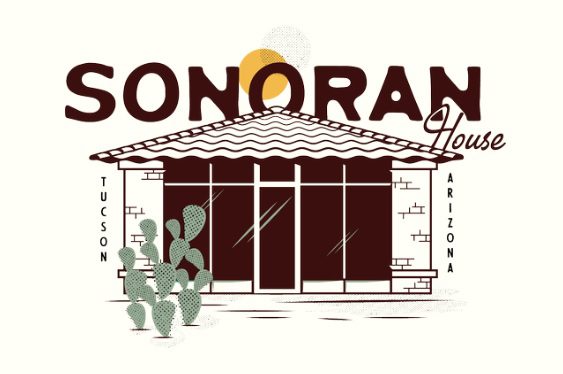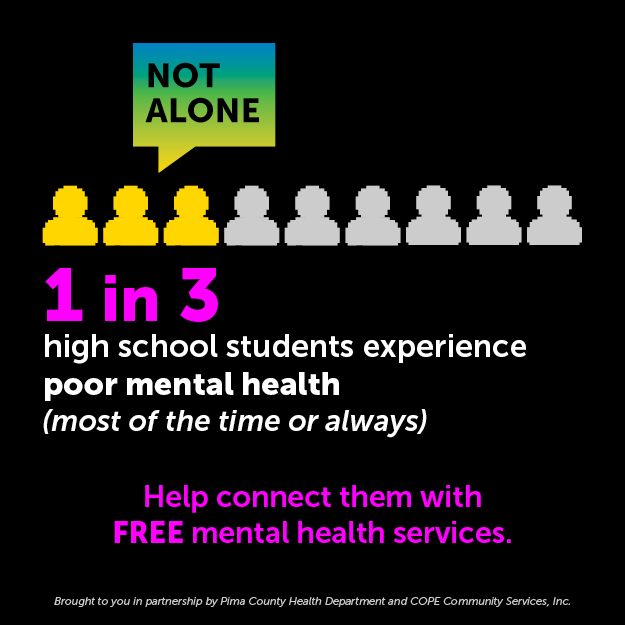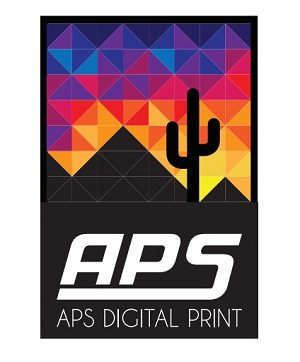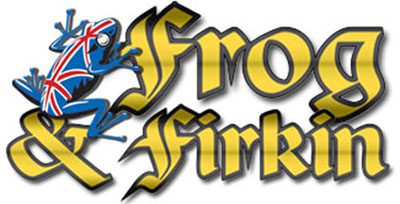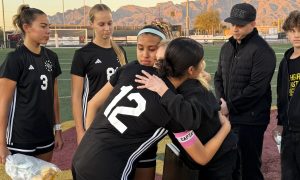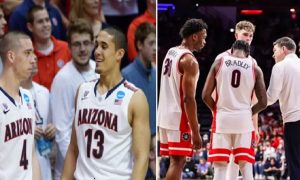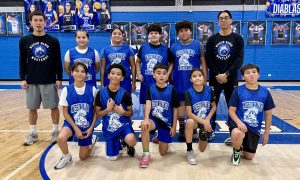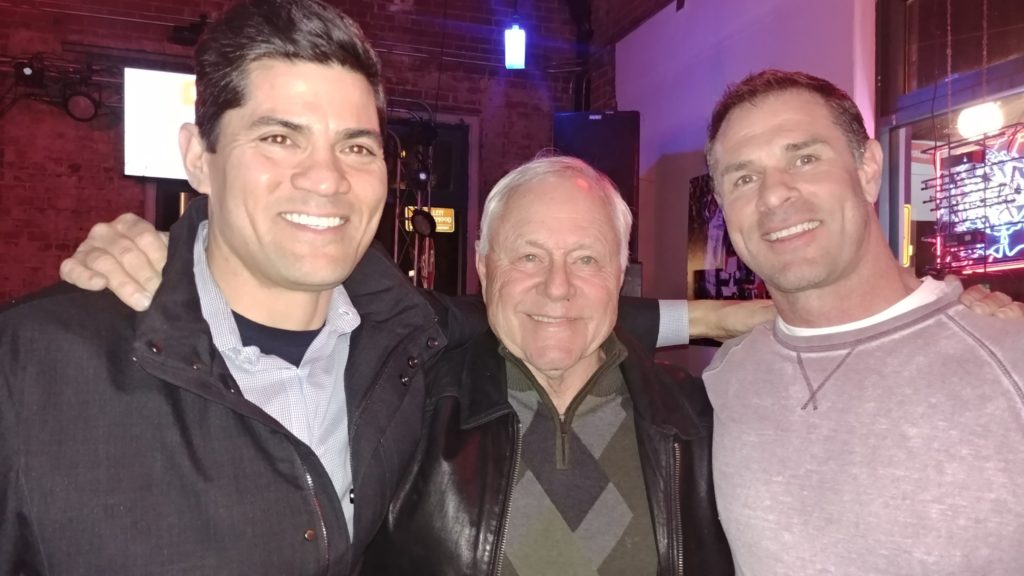
By 9 a.m. Saturday morning, Heath Bray had already talked to about 30 of his former Arizona teammates. Crying. Remembering. Laughing. Celebrating.
They had been waiting, preparing, for the news for months. Hoping, praying, it would turn out differently. But the news finally came late Friday night and made public Saturday morning.
Dick Tomey, the winningest coach in Arizona Wildcats history, had died at 80 after a fight with lung cancer.
“I was taking to the guys, and the thing is, his legacy is us — the men we’ve become and the people we are going to influence in our lives,” Bray said. “That’s his legacy. And I guarantee you, that is what he absolutely wants.
“The last thing Dick Tomey would want us doing is sitting around wallowing in tears, sulking about his passing. Trust me. That’s the last thing that dude would want. He would be like, let’s hug each other, celebrate the good times. Celebrate what we have. Keep it going. Pass it on.
“I tell you, I love him for it. God, I love that man.”
So, yes, let’s celebrate.
Thanks, Dick Tomey.
Thanks for the 14 years as head coach at Arizona.
Thanks for the Desert Swarm. For the Sports Illustrated cover. For beating No. 1 Washington in 1992.
Thanks for fighting like the dickens, playing with your hair on fire, for having a team full of Joes.
Thanks for having your team call a timeout before the opening kickoff at Illinois in 1995, so your players could come off the sideline, take a knee and form the letters D.T. to honor teammate Damon Terrell, who had passed away 10 days earlier. Thanks for being at Terrell’s funeral services and not the game.
Thanks for Rob Waldrop, Tedy Bruschi and Chris McAlister.
Thanks for the Leap by the Lake, Arizona’s 1998 victory at Washington in which Ortege Jenkins flipped into the end zone in the final seconds. All during the game, Tomey pounded positive thoughts into his players: “The harder it gets, the better we play … the harder it gets, the better we play … the harder it gets, the better we play …”
Thanks for being a Bo Schembechler disciple and believing what Bo believed: “The team, the team, the team …”
Thanks for the 1994 Fiesta Bowl, a shutout of Miami.
Thanks for the 1998 Holiday Bowl, a 23-20 victory over Nebraska after Tomey motivated his players all week by telling them that this was their moment, not Nebraska’s, that the “N” on the Cornhuskers’ helmet stood for “Not Today.”
Thanks for the 1987 game against Arizona State — the tie that felt like a win.
Thanks for extending what Larry Smith started, taking The Streak over the Sun Devils from five to nine consecutive unbeaten games.
Thanks for making Arizona football a family.
A quick story: In the early 1990s, Tomey was recruiting star high school running back Autry Denson, who was on campus after taking a recruiting trip to Notre Dame, where he eventually signed. Denson laughed — literally laughed — when he saw UA’s weight room and the cubby of an office in McKale Center, where Bray, then an assistant after his playing days, had to deal with a slanted ceiling that prevented him from standing up in some areas.
“But I told him, if you come here, you have friends for the rest of your life. You can call someone at 2 in the morning on a Tuesday,” Bray said.
“And that’s the difference. We all stick together. We sold family in recruiting. We couldn’t sell tradition. We couldn’t sell facilities. We sold the hell out of family. And it worked. That came from Dick.”
Thanks for Tony Bouie. For Brandon Sanders. For Sean Harris.
Thanks for the 6-3 win over Oklahoma in 1989, when Tomey kept pointing his fingers at each player and repeating, “I believe in you … I believe in you … I believe in you.”
Thanks for turning down chances to coach at Miami and Washington in the 1990s.
Thanks for assistant coaches like Duane Akina, Rich Ellerson, Dino Babers, Charlie Dickey, Homer Smith, Jim Young, Larry Mac Duff, Pat Hill, Johnnie Lynn and many, many more.
Thanks for meeting with every single player after a 1-1-1 start in 1992 — what he called a “Marathon Encounter” — looking each in the eye and checking their commitment. The next game, Arizona, as a four-touchdown underdog, lost 8-7 at No. 1 Miami … and then went on a five-game winning streak, capped by the 16-3 win over top-ranked Washington.
Thanks for being there for Warner Smith and his family when the former offensive lineman battled ALS before passing in January 2018.
Smith once told me:
“Sometimes, it’s difficult because as an athlete, you think, ‘I can overpower this, I can rehab this, there’s something else I can do,'” Smith said. “But when you can’t, there’s a sense of, ‘Oh, I’m so weak. I’m just not tough enough emotionally to do this.’
“At the same time, there are a lot of lessons Dick Tomey taught us every day and one of them was that you have to control that inner monologue that’s in your head that’s directing your day. I will have bad days or dark days, but then it’s like, ‘OK, get a hold of yourself, find something that’s going to make you laugh or make you happy.’
“And then live your day. Don’t waste a minute of it.”
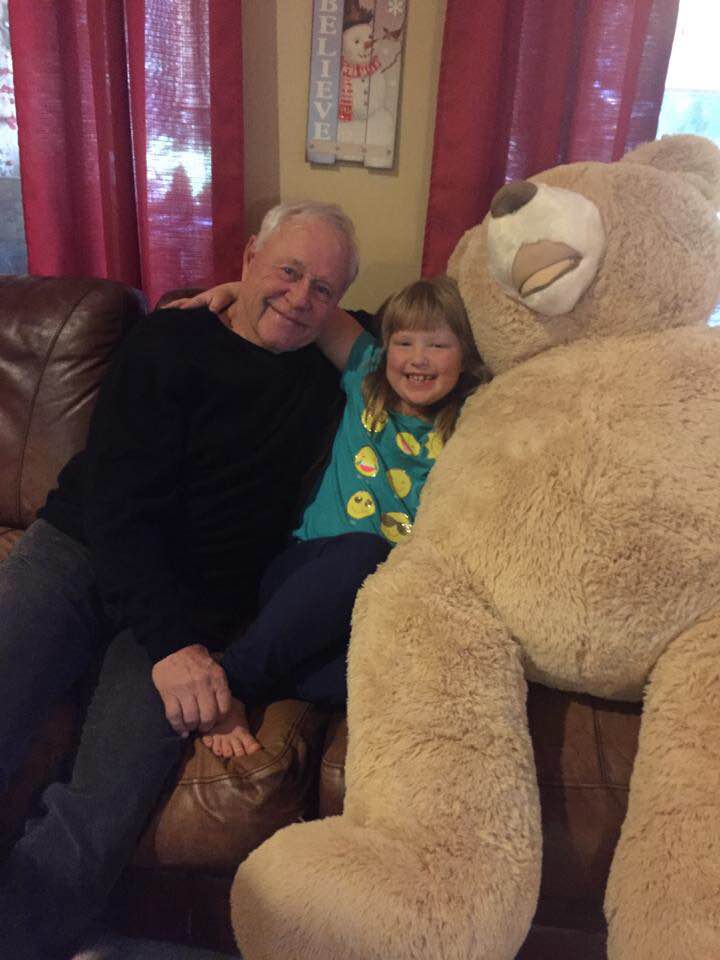
Thanks for Glenn Parker and John Fina. For Jeff Hammerschmidt.
For Trung Canidate. For Dennis Northcutt. For Joe Salave’a.
Thanks for retiring in Tucson. For not a trace of bitterness after being let go after the 2000 season.
Thanks for that rare quarterback time-share that worked: Ortege Jenkins and Keith Smith in 1998.
Thanks for the shoes with no socks, for the laid-back Hawaii vibe.
Thanks for patiently talking to the media after every loss, always taking the blame. For having a listed number in the phone book while coaching. For holding weekly brown-bag lunches on campus during the season, open to anybody who wanted to come.
Thanks for the life lessons.
Tomey called it “the manual” — printouts of his favorite sayings that he gave to all his players. It was nothing short of life-saving. He wrote this in his 2017 book, “Rise of the Rainbow Warriors” about his coaching tenure at Hawaii:
“One of my former players at Arizona once called me from Iraq. He was the head of a unit of Marines, and he shared with me a particularly harrowing experience. ‘We were all going to die,’ he said. ‘And I started thinking about all those things that were in that manual you gave us. Right after that, I started pulling all my guys together. All this stuff you used to say to us started to come out of me, and somehow we got out of there. I figured I should call and thank you.'”
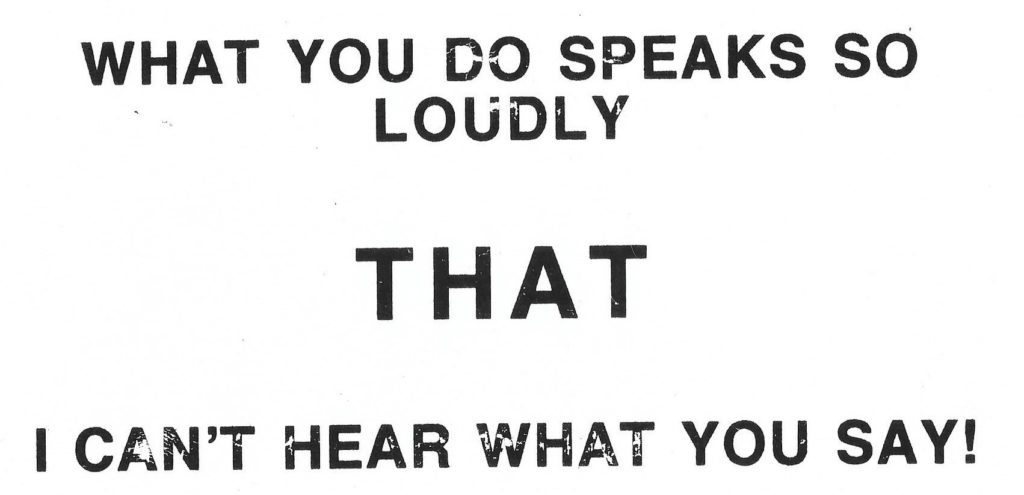
Thanks for Darryll Lewis and Chuck Levy. For Steve McLaughlin and Josh Miller.
Thanks for taking in two-year Arizona basketball player Kelvin Eafon, who became a touchdown-scoring running back and the captain and emotional heart of the 1998 team, one of the toughest guys, best leaders, the Wildcats have ever had. Eafon, to his day, carries Tomey’s manual in his truck and passes down copies in his coaching career.
“The first thing that comes to my mind is that Coach Tomey gave anybody a chance,” Eafon said, his voice cracking his emotion. “He was the first non-black man that truly showed me love. He showed me real love. Not just coaching love. Real love. I love that man.
“When people say they would run through a wall for a guy — he was that guy. Because he loved you and he gave you a chance when other people thought maybe you didn’t deserve a chance, or he recognized that people needed help developing who they were going to be. And he took time out to give that help. How did he see all this potential in all of us? A lot of us are just vagabond-type dudes.
“His door was always open to talk — family, football, anything. I wish I had gone in there more, but I appreciate every moment I had with him. I truly never heard anyone say anything bad about him. The only thing bad I heard was that he believed in his players too much.”
Thanks for the 95 victories. The No. 4 finish in the 1998 AP poll. The No. 10 finish in 1993.
Thanks for the fumblerooski.
Thanks for Marcus Bell, Lance Briggs, Brant Boyer.
Thanks for taking your team to Camp Cochise for a week during fall camp. For the long, informal interviews over cafeteria lunches at Cochise.
Thanks for the 1993 defense that grudgingly gave up 30.1 rushing yards per game — still the best mark since 1959 — and 10.8 inches per carry. Thanks for having the underappreciated Jimmie Hopkins and Jim Hoffman on that defensive line with Waldrop and Bruschi.
Thanks for Ty Parten. For Chuck Cecil’s fabulous senior season in 1987.
Thanks for Dan White-to-Richard Dice.
Thanks, even, for the run-and-shoot, the option, the I-bone and all those other offenses in your early years.
Thanks for preserving your right to punt.
Thanks for being a father figure to the Wildcats … but never being soft.
“He taught us that the easy way is dangerous,” Bray said. “Nothing about the experience with Coach Tomey was easy. We busted our ass. There is no mystery why we were good. It is because he killed us and then brought us together to understand there was a method to all of this.”
Thanks for being the best head coach a too-young, 23-year-old at Tucson’s morning newspaper could work with on his first beat.
Thanks for that one time you chewed me out after practice with colorful curse words because you didn’t like something I had written. Thanks for showing me that you should always say what you have to say … and then let it go.
Thanks for ending every phone call not with goodbye but with “Aloha.”
Aloha, Dick Tomey.
Mahalo and aloha.


